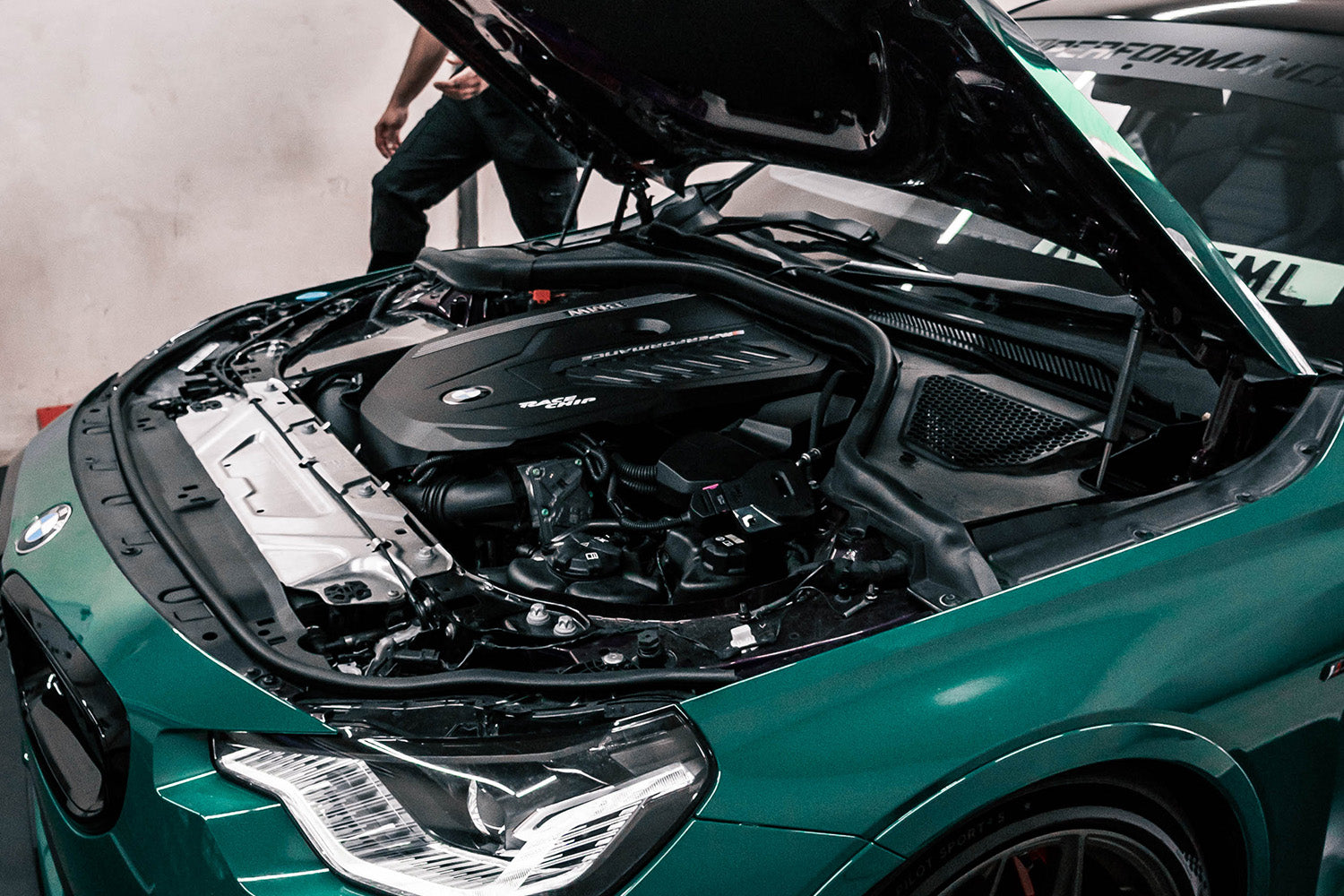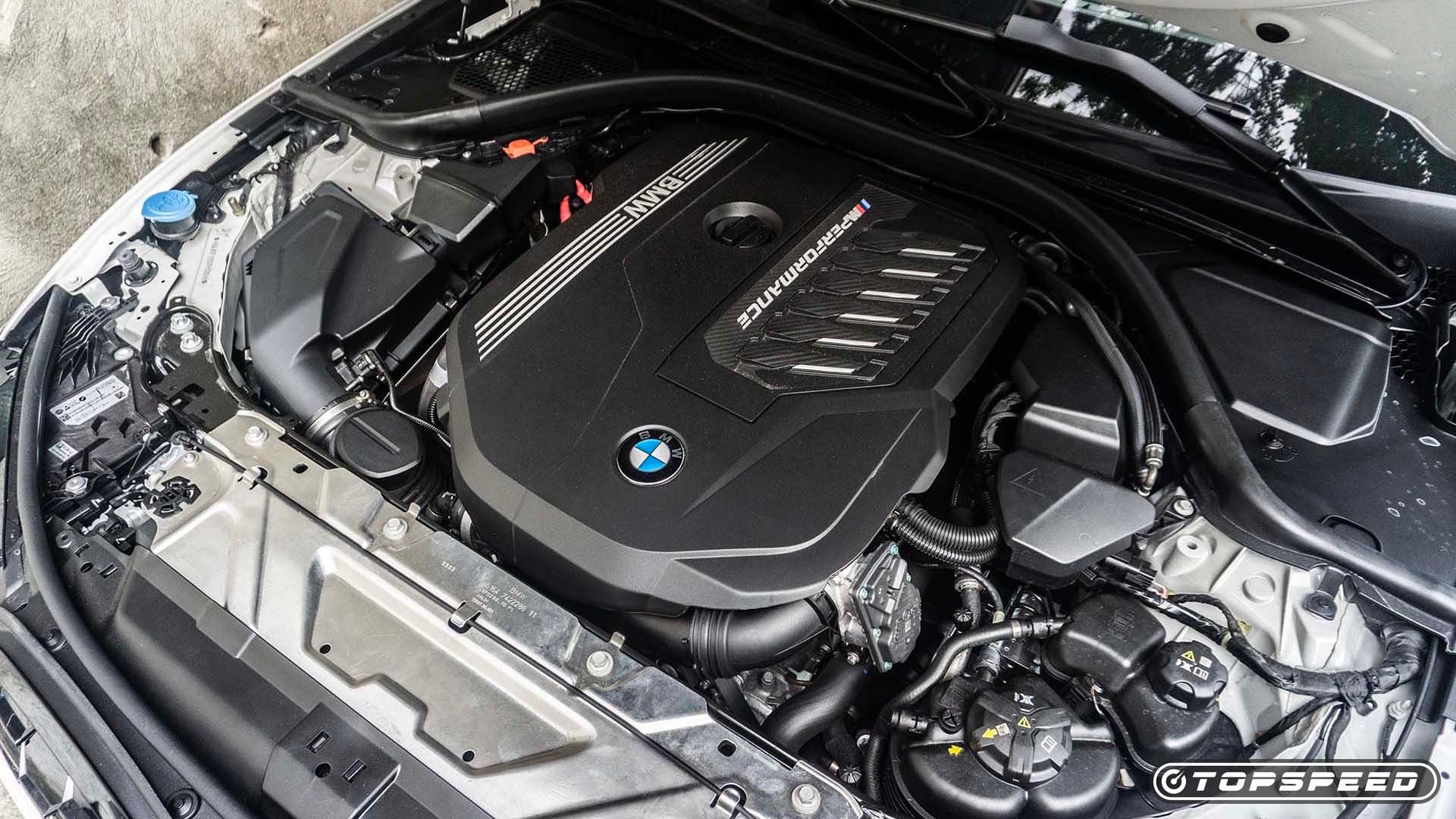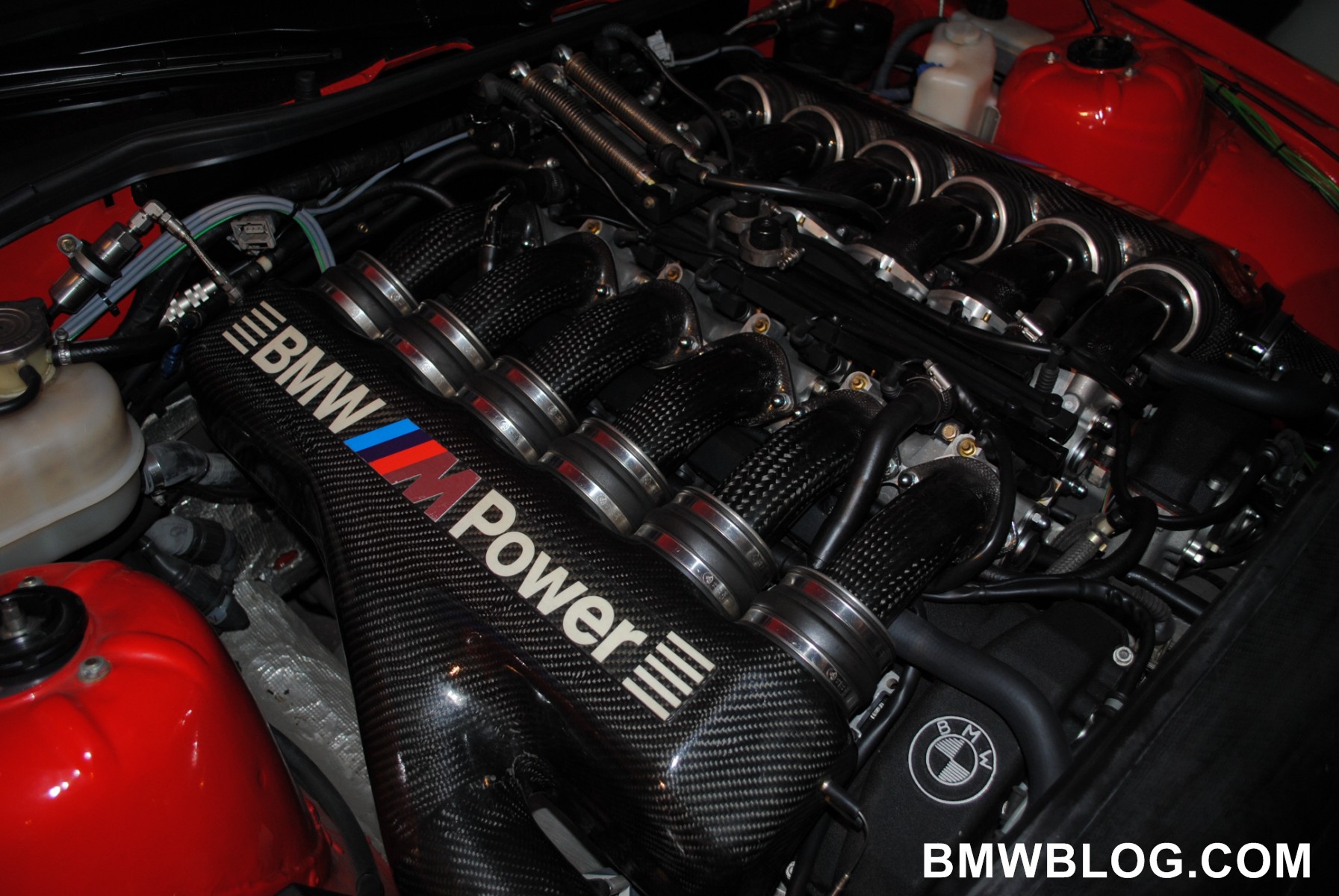A New user's Guide to Selecting the Right BMW Engine for Your Demands
A New user's Guide to Selecting the Right BMW Engine for Your Demands
Blog Article
Introducing the Intricacies of Next-Generation Power Units: a Deep Dive Into Advanced Engine Innovations and designs
In the realm of automobile design, the relentless quest of performance, efficiency, and sustainability has actually driven the evolution of power units to unprecedented elevations. As we depend on the precipice of a new era in transportation, the details of next-generation engine layouts beckon us to explore the cutting-edge modern technologies and innovations that promise to redefine the driving experience. From advanced materials that push the limits of resilience and weight reduction to advanced turbocharging and supercharging systems that raise power result to brand-new degrees, each part of these power systems holds a vital to opening the future of automotive engineering. Delving much deeper right into the realms of emission control, intelligent engine management systems, and the horizon of power device advancement, we find ourselves on the cusp of a transformation that guarantees to reshape the landscape of flexibility as we recognize it.
Development of Engine Materials

The change in the direction of advanced engine products has actually likewise allowed designers to create engines with greater power results while preserving gas performance standards. For instance, making use of lightweight products decreases the overall weight of the engine, bring about enhanced gas economic situation and reduced emissions. Additionally, developments in materials technology have permitted better thermal monitoring within engines, leading to boosted integrity and longevity.
Turbocharging and Supercharging Technologies
Just How do Turbocharging and Supercharging Technologies reinvent engine efficiency and performance in modern-day lorries? Turbocharging and turbo charging are technologies that dramatically improve engine performance by enhancing the amount of air consumption into the combustion chamber. Turbocharging achieves this by using a wind turbine driven by exhaust gases to pressurize the consumption air, while supercharging uses a belt- or chain-driven compressor to attain the exact same impact.
These technologies make it possible for smaller sized, a lot more fuel-efficient engines to generate power comparable to larger ones, understood as downsizing. Forcibly even more air right into the cyndrical tubes, turbocharging and supercharging enhance burning effectiveness, leading to boosted horse power and torque result without a substantial boost in engine size. This causes much better velocity, towing capacity, and overall driving efficiency.
Furthermore, turbocharging and supercharging add to improved fuel performance by permitting the use of smaller engines that eat much less fuel under regular driving problems - bmw engine. This mix of boosted performance and efficiency has actually made turbocharging and supercharging integral elements of lots of modern engine styles
Discharge Control and Environmental Influence
With increasing worldwide concerns pertaining to air high quality and environmental sustainability, the application of discharge control modern technologies in vehicles plays a critical role in minimizing dangerous toxins launched right into the atmosphere. Modern vehicles are equipped with advanced emission control systems that assist decrease the environmental influence of automotive operations. Catalytic converters, for instance, are designed to convert hazardous gases such see this as carbon monoxide, nitrogen oxides, and hydrocarbons into less dangerous materials like co2 and water vapor.
In addition, developments in engine innovation, such as the combination of exhaust gas recirculation systems and selective catalytic decrease, have considerably added to lowering exhausts. These innovations work in tandem to enhance burning efficiency and minimize the launch of dangerous toxins into the air. In addition, the growth of hybrid and electric vehicles stands for a critical step towards reducing the general environmental impact of the transportation market.
Intelligent Engine Administration Solution

Additionally, these systems enable vehicles to meet strict exhausts criteria without jeopardizing efficiency, supplying a much more eco-friendly driving experience. The combination of fabricated knowledge and artificial intelligence abilities in engine monitoring systems remains to press the borders of what is feasible, resulting in additional improvements in effectiveness, integrity, and general car performance. bmw engine. As vehicle innovation advancements, intelligent engine monitoring systems will play a crucial role in forming the future of transportation in the direction of an extra lasting and efficient direction
Future Trends in Power Device Growth
As smart engine management systems lead the way for enhanced control and optimization in modern cars, future fads in power device development are positioned to redefine you could try here the landscape of vehicle propulsion modern technologies. These different power resources supply improved performance and performance while lining up with stringent ecological laws.
Another substantial pattern is the assimilation of advanced products and making methods. Light-weight products such as carbon fiber and aluminum are being made use of to decrease overall vehicle weight, boosting fuel effectiveness and performance. In addition, advancements in 3D printing and additive manufacturing are enabling the manufacturing of complicated engine parts with greater accuracy and durability.
Additionally, fabricated intelligence and artificial intelligence are playing a vital function in maximizing power system efficiency. These technologies enable real-time monitoring and flexible control, causing much more reliable and trustworthy power distribution. Overall, future patterns in power system advancement are tailored towards efficiency, sustainability, and performance, driving the auto industry towards a brand-new Visit Website period of propulsion modern technologies.

Final Thought
In final thought, the developments in engine materials, turbocharging, discharge control, and smart administration systems have paved the method for next-generation power units. The intricate layouts and developments in contemporary engines showcase the ongoing evolution of automobile modern technology.
Exploring the modern improvements in engine materials has been essential in boosting the performance and efficiency of modern engines. Over the years, the evolution of engine products has actually played an important function in pressing the limits of what engines can attain.The shift in the direction of progressed engine materials has actually likewise enabled designers to develop engines with greater power outputs while maintaining fuel effectiveness criteria.The implementation of smart engine management systems in modern-day automobiles has changed the method engines are controlled and optimized for performance and performance. By gathering data in real-time and examining it with advanced formulas, smart engine management systems can adjust to driving designs, environmental variables, and engine health to take full advantage of power outcome while minimizing fuel intake and exhausts.
Report this page